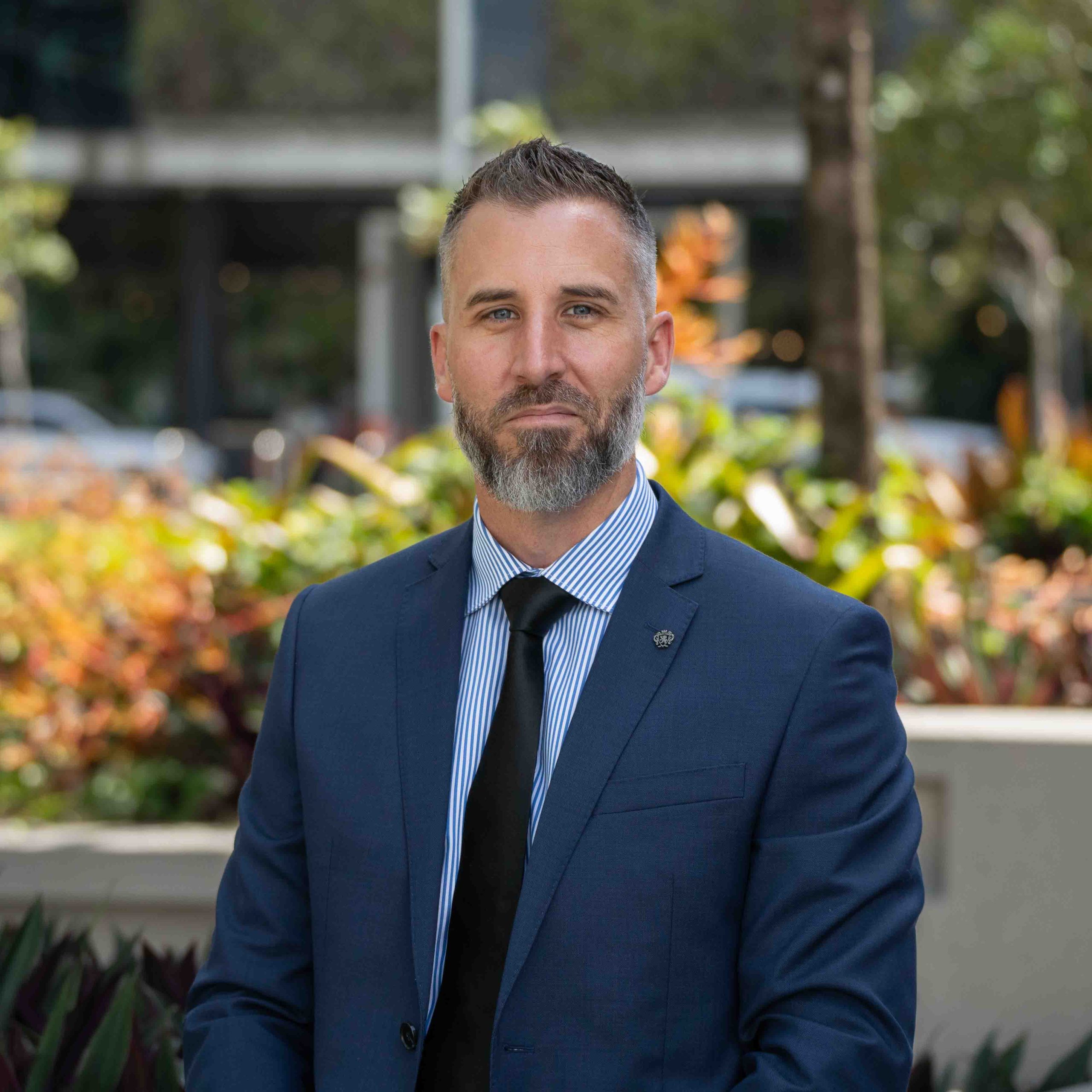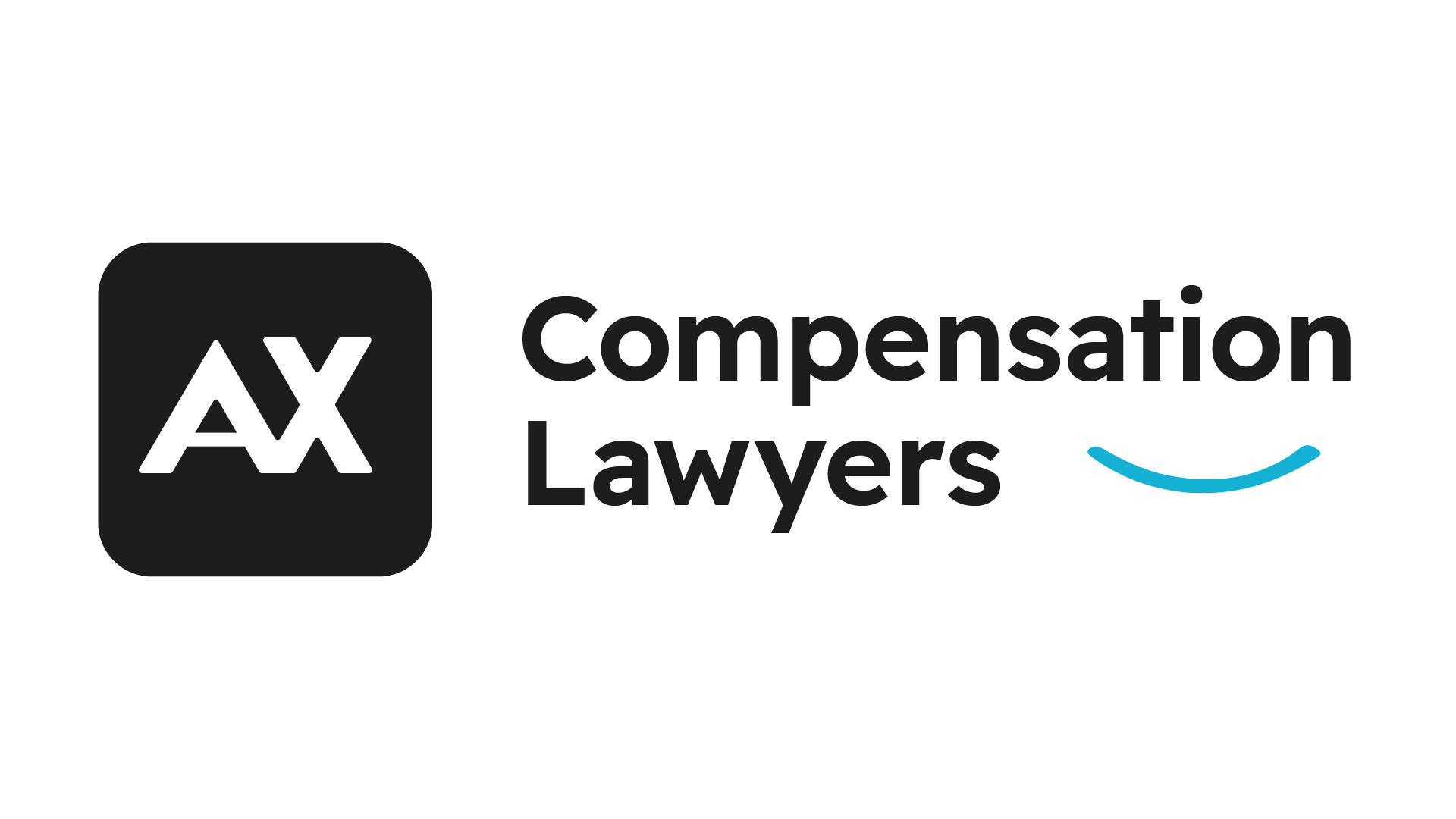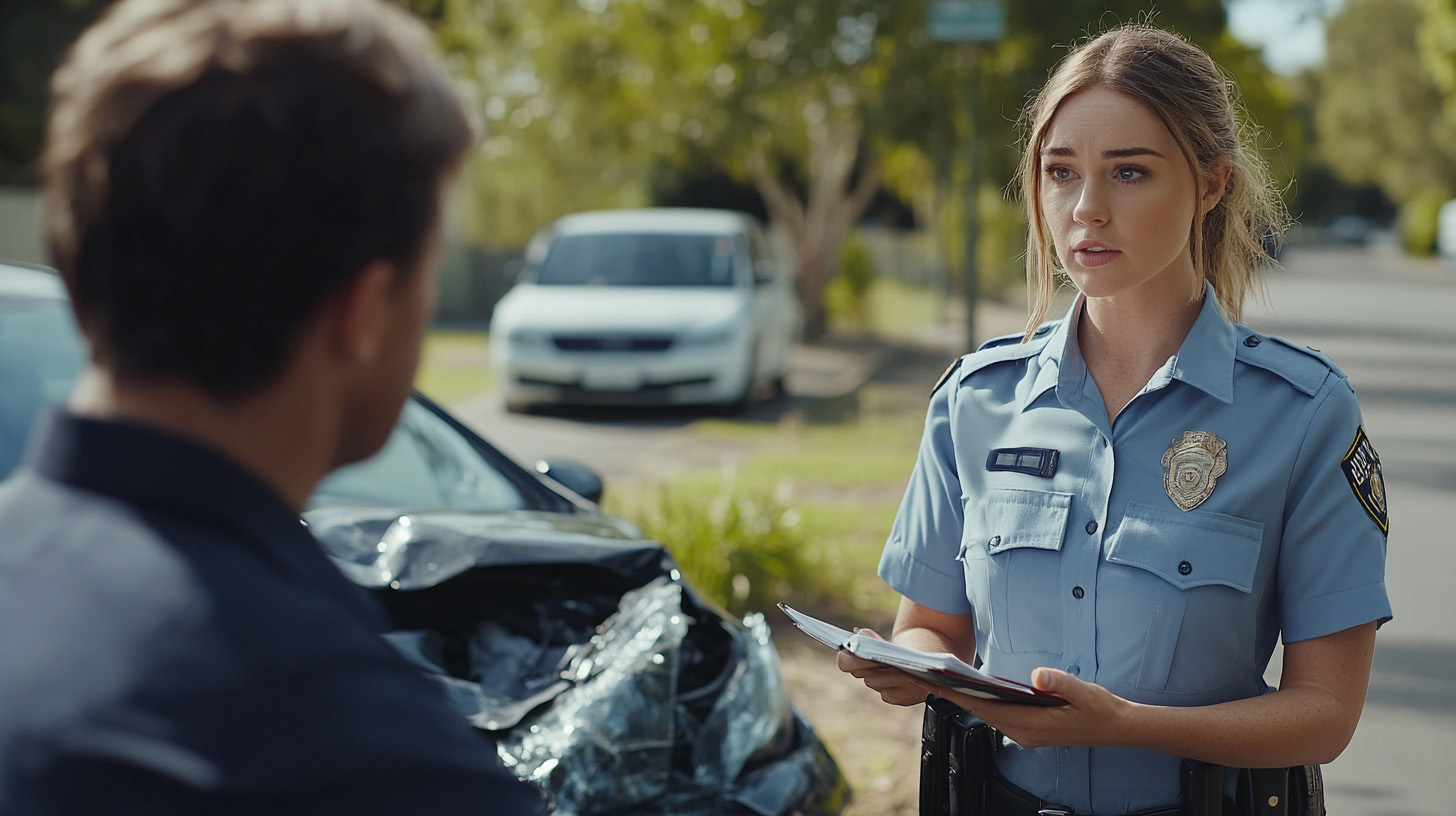Why You Should Report Your Motor Vehicle Accident to the Police
By Luke Brown, Paralegal, AX Compensation Lawyers – 18th February 2025
A Former Police Officer’s Perspective
As someone with over 12 years of service in the Queensland Police Service and now assisting individuals in securing fair compensation, I have seen firsthand why reporting a motor vehicle accident to the police is essential. While your first priority should always be ensuring the safety of yourself and others, notifying the police is a critical step in protecting your legal rights and supporting any potential compensation claims.
Prioritising Safety First
Before anything else, check for injuries and ensure that everyone involved in the accident is safe. If anyone is injured, call emergency services immediately for medical assistance. If it is safe to do so, move vehicles out of traffic to prevent further collisions. Turning on hazard lights and using warning signals can also help alert other drivers to the scene.

Luke Brown, Paralegal AX Compensation Lawyers spent 12 years in the Queensland Police Force
Why Reporting Your Accident Matters
Under Queensland law, certain motor vehicle accidents must be reported to the police, including those involving:
- Injuries or fatalities
- Suspected drug or alcohol impairment of a driver
- A driver failing to stop or exchange details (hit and run)
- Disruptions to traffic flow / Vehicle towing required.
For accidents that do not meet these criteria, while it’s not mandatory to report them to the police, it’s advisable to do so for record-keeping and insurance purposes. Even if your accident does not meet these criteria, reporting it to the police can be highly beneficial. Here’s why:
1. Establishing an Official Record
A police report serves as an independent, objective record of the accident. It provides crucial details such as the time, location, road conditions, and statements from those involved. This is invaluable if disputes arise later, especially when dealing with insurance companies or legal claims.
2. Supporting Your Compensation Claim
If you have sustained injuries, reporting the accident to the police is a key part of helping to strengthen your personal injury claim. Queensland’s Compulsory Third Party (CTP) insurance scheme requires strong evidence, and a police report can confirm key details that support your claim. Reporting the accident to the Police is not just beneficial to your claim, it is a requirement for making a claim pursuant to section 34 of the Motor Accident Insurance Act 1994 (Qld).
3. The Nominal Defendant and Uninsured Drivers
If the at-fault driver is unidentified or uninsured, you may still be eligible to make a claim through the Nominal Defendant – a statutory body that compensates individuals injured in accidents caused by uninsured or unidentified vehicles. However, strict time limits apply to these claims. Reporting your accident to the police as soon as possible ensures compliance with legal requirements and strengthens your case.
4. Preventing False Claims and Disputes
Unfortunately, some drivers attempt to change their version of events after an accident. By reporting the incident, you create an official record that reduces the likelihood of false claims or misrepresentation, ensuring a fair and accurate resolution.
5. Compliance with Insurance Requirements
Under Queensland law, any person intending to make a Compulsory Third Party (CTP) insurance claim for personal injury resulting from a motor vehicle accident must report the accident to the police as required by Section 34 of the Motor Accident Insurance Act 1994 (Qld)
While many insurers may request a police report for processing claims, this reporting obligation exists independently of insurer policies. Failure to report the accident to police may prevent a claimant from pursuing a CTP claim and result in delays or denials of compensation.
How to Report an Accident to the Police in Queensland
Queensland Police play a critical role in keeping the community safe, responding to emergencies, and investigating serious crimes. Their resources are often stretched across multiple urgent matters, so it’s important to use the correct reporting channels to ensure that police time is utilised effectively.
There are several ways to report the accident, depending on its severity:
- Triple Zero (000): Call immediately if there are serious injuries, fatalities, dangerous road conditions, or if a driver is suspected of being under the influence of drugs or alcohol.
- Policelink (131 444): This number is for non-emergency reports, including motor vehicle accidents involving property damage only, where no injuries are apparent and all drivers have exchanged details.It’s important to note that some injuries may not be immediately noticeable due to factors such as shock, adrenaline, or delayed symptoms. What may initially seem like a minor incident can result in injuries that emerge hours or even days later. Additionally, these injuries could have long-lasting effects on your physical wellbeing and work capabilities, potentially impacting your daily life and earning capacity.For this reason, it’s always best to err on the side of caution—if you’re involved in a motor vehicle accident, you should notify the authorities and seek medical attention to ensure your wellbeing and fulfil legal requirements.
- Local Police Station: If necessary, individuals can visit their local police station to report an accident in person.
By choosing the appropriate method to report your accident, you help ensure that police resources remain available for emergency situations while still fulfilling your legal obligations.
Final Thoughts
Reporting a motor vehicle accident to the police is not just about fulfilling a legal obligation, it’s about protecting your rights and ensuring a smooth path to recovery. At AX Compensation Lawyers, we assist Queenslanders secure fair compensation. A properly documented police report can make a significant difference in your claim.


